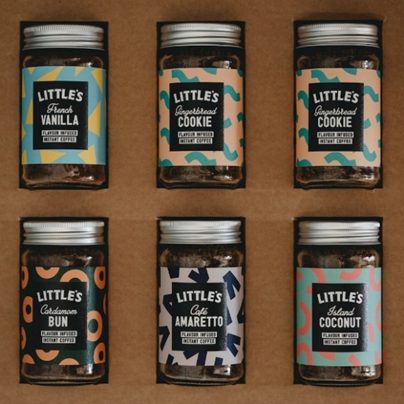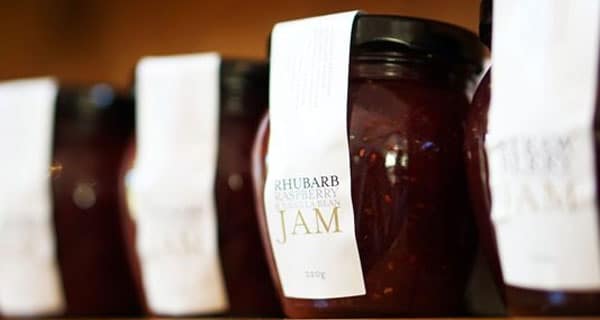
Used under a Creative Commons Licence
What is a ‘White Label’?
At its essence, a white label arrangement is where one business provides goods or services which are then sold by another business under the latter’s own brand name.
This strategy is becoming increasingly common with the explosive growth of the e-commerce market. Such an arrangement allows companies to readily expand their reach into new market segments by offering additional products or services.
White labelling can be used for businesses no matter the market it is currently in or hopes to expand into, ranging from tote bags and stainless-steel bottles right through to phone accessories and skin products.
Whilst this sounds simple enough, there are many complex considerations underpinning such arrangements which need to be documented in an agreement to ensure the process goes as smoothly as possible.

Photo by Annie Spratt via the Unsplash licence.
What’s an example of a white label strategy in action?
Consider Anna, who makes health food bars under the brand name “Oh!”. Anna has decided she wants to break into the organic food market segment and hopes to release a line of organic bars. Unfortunately, Anna does not have organic certification in place, which would help her substantiate any organic claims she makes about her products.
Anna asks John, whose business does have organic certification, to produce and supply organic health bars to her specifications. Anna will then label the organic bars with her “Oh Organic” brand extension.
The advantages of this arrangement for Anna would be, for instance, that she can gain an edge over her competitors, enhance her brand value, reduce her own costs and scale up her business’s productivity and output.
Consider another hypothetical involving “Tanned Skinz”, a spray tan chain that hopes to offer its clients a range of Tanned Skinz branded exfoliants and shimmer moisturisers without the trouble of manufacturing these products from scratch. Tanned Skinz can approach another business with the know-how and resources to manufacture these products on Tanned Skinz’s behalf, and on which Tanned Skinz can apply its own labelling and branding.

Photo by GLOBENCER via the Unsplash licence.
But what’s the difference between a white label and a private label?
Whilst somewhat similar, “private labelling” is where a retailer buys goods from a manufacturer which are exclusively sold under that retailer’s own line (e.g. Woolworth’s “Select” brand). Meanwhile, a white label is a generic product that can be sold to multiple retailers.
Okay – but do I need an Agreement?
Yes. A white label agreement ensures that all parties are clear about their rights and obligations from the very outset and sets all expectations. Misunderstandings can lead to disputes and ruin business relationships, so such agreements ideally need to be quite detailed.
When it comes to written agreements, it is often a situation of “nothing goes wrong until it does”.
What needs to be included in this Agreement?
Agreements should always be tailored to fit the circumstances of a commercial relationship. However, some general matters to consider include:
- The relationship between the two parties
- Rights and responsibilities of the respective parties
- Product manufacturing specifications
- Packaging and labelling
- Marketing material and frequency of these services
- Warranties and consumer rights
- Orders
- Prices and profits
- Product quality control
- Compliance with relevant industry standards
- Intellectual property rights
- Product data requests in respect of a product
- Repairs
- Rights to appoint sub-contractors
- Non-solicitation
- Customer support
- Systems and procedures for complaints handling
- Cybersecurity risks
- Exit strategies for either party
Please note the above article is general in nature and does not constitute legal advice.
Please email us info@iplegal.com.au if you need legal advice about your brand or another legal matter in this area generally.


